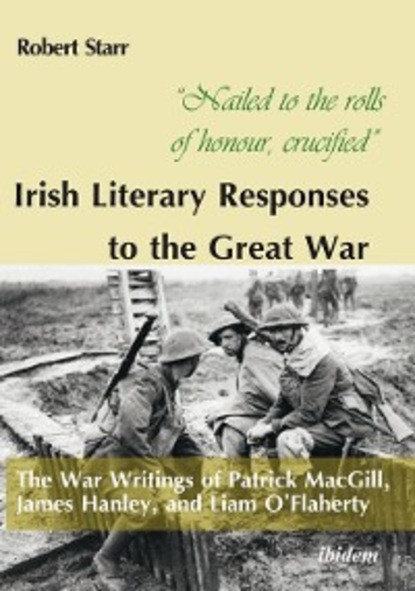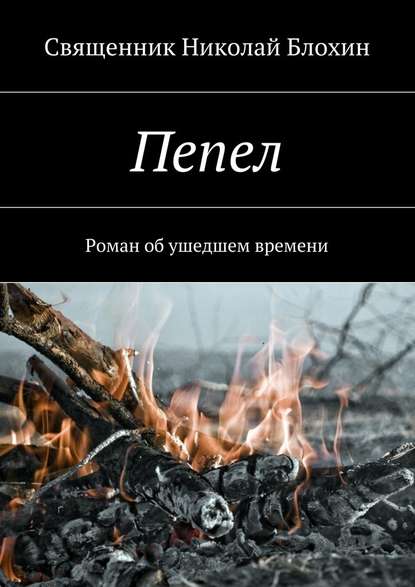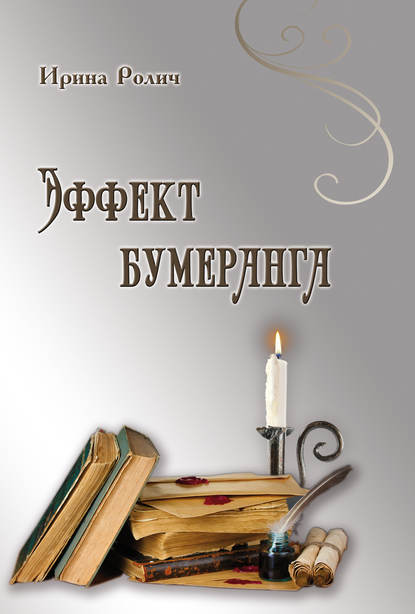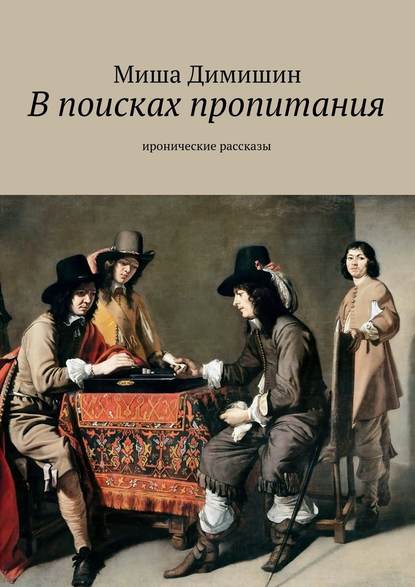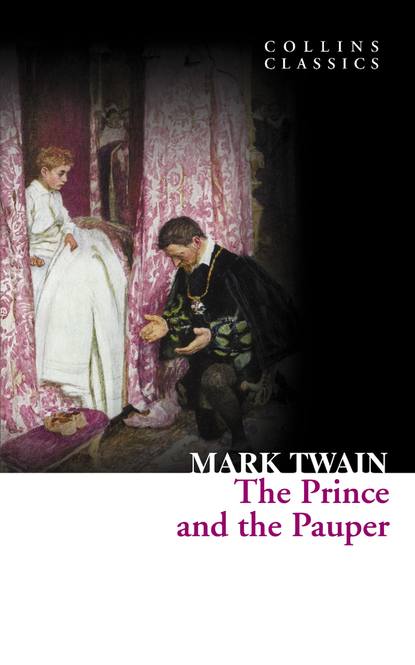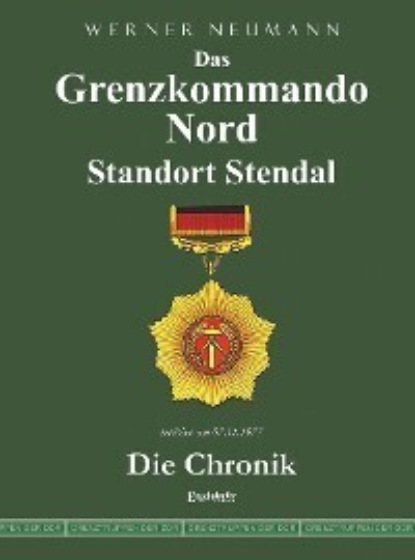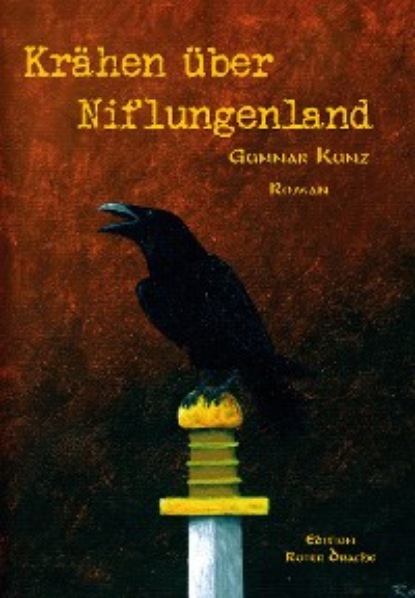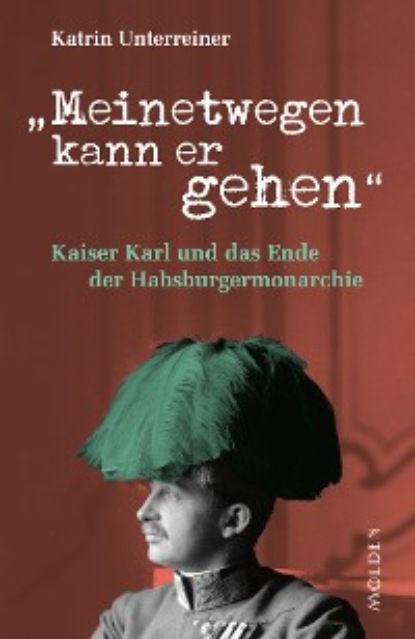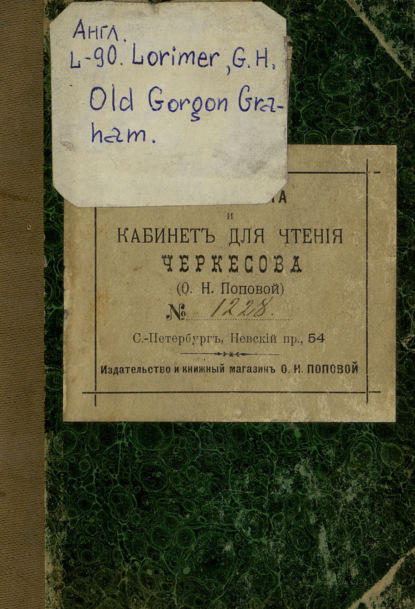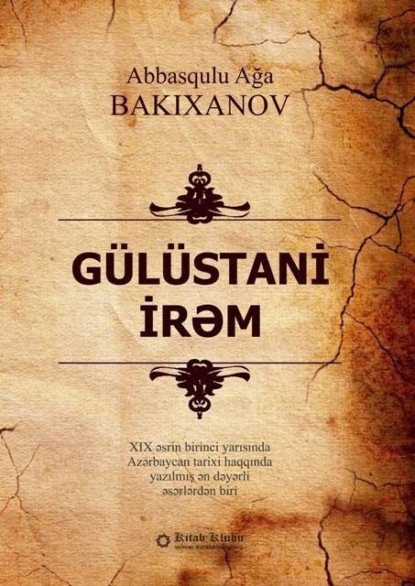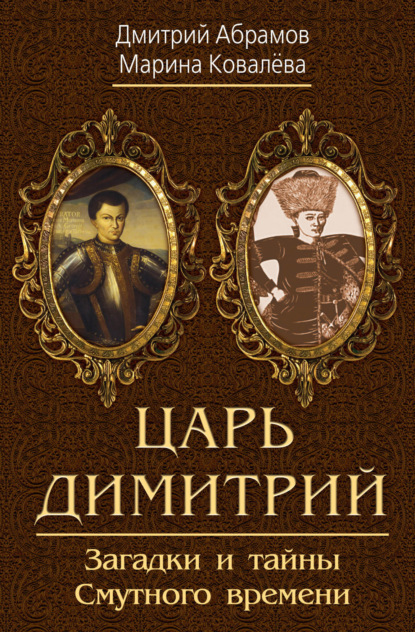“Nailed to the Rolls of Honour, Crucified: Irish Literary Responses to the Great War” Автор: Robert Star
В своей книге автор исследует военные записи Патрика МакГилла, Джеймса Хэнли и Лиама О'Флаэрти — рабочих католиков ирландцев, которые все сражались в Первой мировой войне и в итоге были распяты на кресте. Они вместе образуют уникальный ансамбль писателей войны. Автор книги сосредоточился на идеях класса, товарищества, насилия, религии, травм и тела, рассматривая этих ирландских солдат в культурном, социальном и историческом контексте. Большое внимание в книге уделяется тому, что мотивацией для мобилизации и рабочим условиям были черты службы в армии, а не священный долг перед родиной или даже патриотизм. Также, автор описывает влияние религии солдат во время войны, и как их ответы на это событие формировались через их веру или сомнения. Творчество этих писателей соотносят с определенными видами литературы о рабочих Ирландии в Первую мировую войну, благодаря чему оно получает более широкое значение при рассмотрении в рамках обширной дискуссии мировой литературы. Эти особенности формируют особый взгляд на конфликт по сравнению с каноном офицеров писателей, среди которых Siegfried Sasoon, Robert Grass и Edmund Blundet. Искуствовед прослеживает их работы и смотрит на них наряду с творчеством наших героев.
Электронная Книга «“Nailed to the rolls of honour, crucified”: Irish Literary Responses to the Great War» написана автором Robert Starr в году.
Минимальный возраст читателя: 0
Язык: Английский
ISBN: 9783838273310
Описание книги от Robert Starr
This book explores the war writings of Patrick MacGill, James Hanley, and Liam O’Flaherty, working class, Roman Catholic Irishmen, all of whom fought in the First World War as privates and who, collectively, it is argued, constitute a distinct trio of war writers. Through discussions focusing upon class, camaraderie, violence, religion, trauma, and the body, this book considers these Irish soldiers within a cultural, social, and historical context. Central to this examination is the idea that the motives for enlistment and the experience of army labor and even combat was such that military service was perceived as work rather than a duty or vocation undertaken in support of any prevailing doctrines of patriotism or sacrifice. The men’s Catholicism also shaped their aesthetic and philosophical responses to the war, even while the war conversely troubled their faith or confirmed their religious scepticism. The war writing of these men is located within both an Irish and a pan-European literary working class tradition, thereby permitting the texts to be viewed within a wider context than literature of the First World War, and from a perspective that goes beyond Ireland and Britain. These characteristics shape a perspective on the conflict very different from that of the canonical officer-writers, men such as Siegfried Sassoon, Robert Graves, or Edmund Blunden, whose work is considered alongside those of the three Irish soldier-writers.
